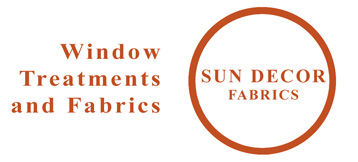Antimicrobial Properties: Some hygienic roller shades are treated with antimicrobial agents during the manufacturing process. These agents inhibit the growth of bacteria, mold, and mildew on the fabric, helping to maintain a cleaner and more hygienic environment.
Easy-to-Clean Materials: Hygienic roller shades are often made from materials that are easy to clean and sanitize. The fabric used in these shades is typically smooth and non-porous, allowing for quick and effective cleaning with mild detergents or disinfectants.
Moisture-Resistant: Moisture resistance is an important consideration for hygienic roller shades, particularly in areas where humidity or water exposure is common. Moisture-resistant fabrics help prevent the growth of mold and mildew, ensuring a hygienic and healthier environment.
Smooth Surfaces: Hygienic roller shades are designed with smooth surfaces and minimal crevices, which reduces the accumulation of dust and makes cleaning more efficient. This feature helps maintain a cleaner and more hygienic appearance.
Removable and Washable Fabric: Some hygienic roller shades offer the option to remove and wash the fabric. This allows for a deeper and more thorough cleaning, ensuring the elimination of dirt, stains, and bacteria that may accumulate over time.
Motorization and Automation: Hygienic roller shades can be equipped with motorized operation, eliminating the need for manual handling and reducing the risk of contamination. Motorization also allows for convenient control and adjustment of the shades using remote controls, wall switches, or smart automation systems.
Chemical Resistance: Hygienic roller shades are designed to withstand regular cleaning with mild detergents or disinfectants without compromising their appearance or functionality. They are often resistant to chemicals commonly used for cleaning and sanitization.





